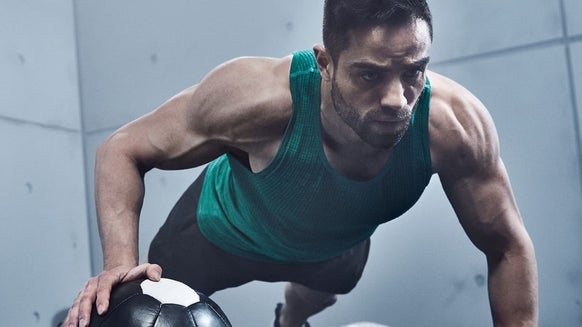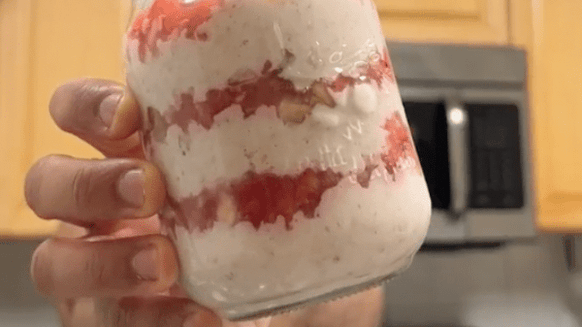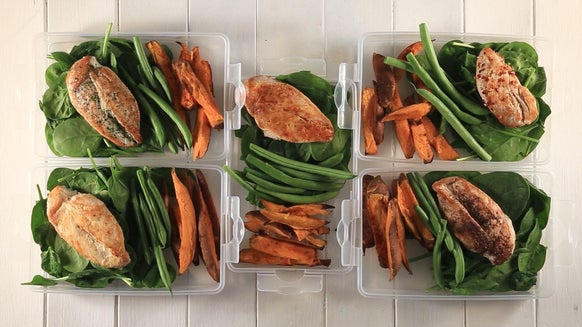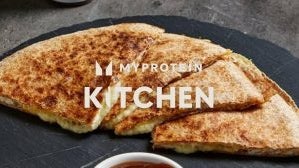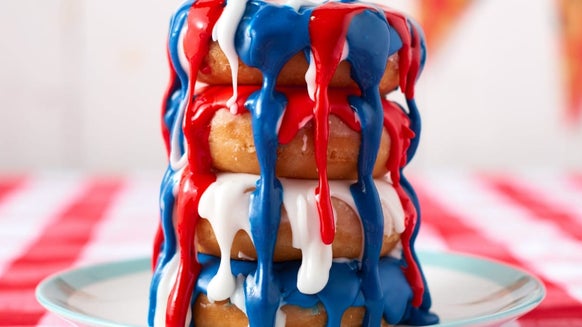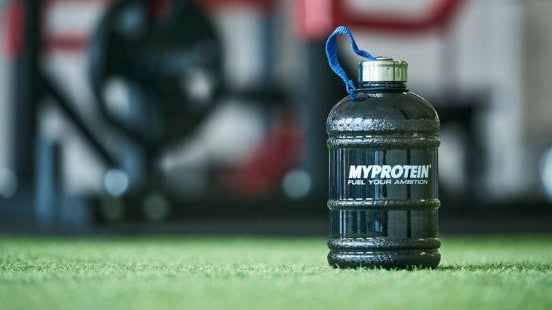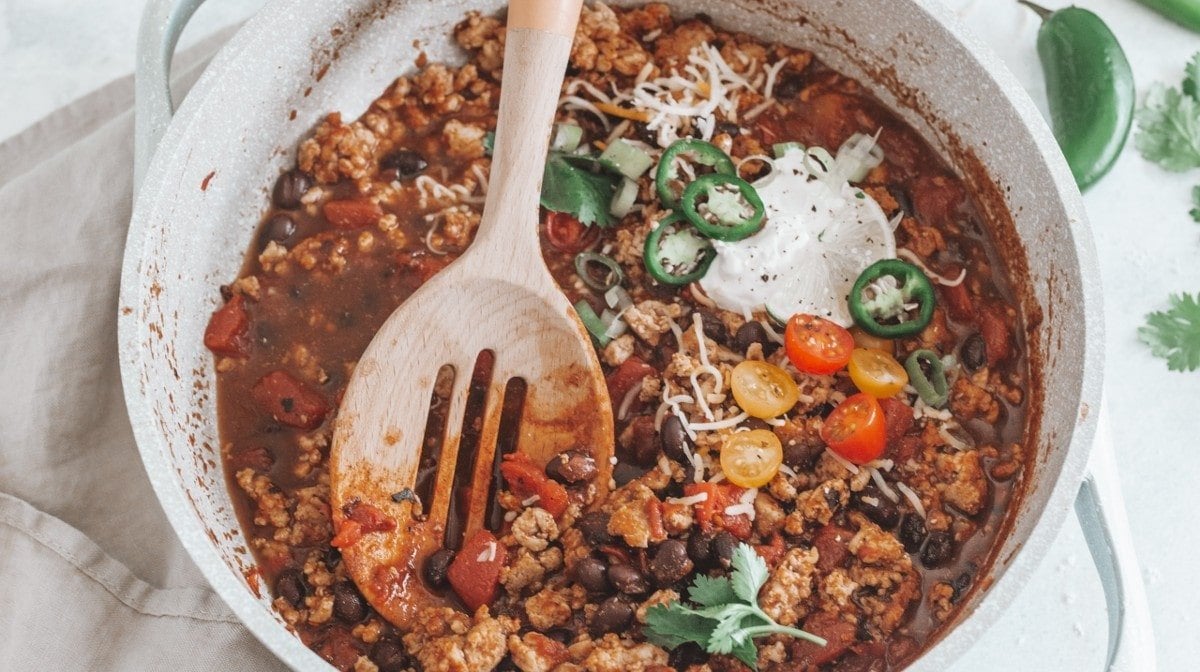
Iron is an essential mineral for health and supports many important functions in the body. Red meat and seafood are good sources of iron, but many plant-based foods are also abundant in the mineral. People following a vegetarian, vegan or-plant-based diet can meet their daily iron requirements by consuming some of the foods in this list, and supplements are an efficient way to make sure your intake is sufficient.
In the UK, the NHS recommends men consume 8.7mg and women 14.8mg of iron a day to avoid deficiency, also known as anemia. In this article, we’ll list the best iron-rich vegan foods as well as other vitamins they contain and their other health benefits.

7 Vegan Foods High in Iron
Lentils
Lentils are a great vegan source of iron, containing 6.59mg per half cup (100g), as well as B vitamins, magnesium, potassium and zinc. Brown, red or green lentils are a great ingredient in soups, stews, curries, salads and many other recipes.
Tofu
Tofu and other soy products are high in iron, containing up to 6.65mg per half cup. They’re also a great source of protein for vegans and vegetarians, containing between 10-19g per portion, as well as calcium, phosphorous and magnesium.
Amaranth
Amaranth is an ancient grain that has been cultivated for thousands of years. It is high in iron, containing 5.17mg per cooked cup, and also contains fiber, manganese, magnesium and antioxidants.
Spinach
Spinach is a great source of iron, containing 6.43mg per cup (30g). It also contains fiber, vitamins, minerals and antioxidants.
Raisins
Raisins are another easy source of iron for plant-based eaters, containing 1.3mg per half cup (79.5g). They also contain fiber, calcium and boron, and are an exceptional source of naturally occurring chemicals called phytonutrients, such as phenols and polyphenols, which are considered to be antioxidants.
Cannellini, butter, red kidney and haricot beans
Legumes contain between 4.4-6.6mg of iron per cup (90g) and are also a great source of folate, phosphorous, potassium and manganese.
Pumpkin seeds
Pumpkin seeds are another way for vegans and vegetarians to make sure they’re getting plenty of iron, with two tablespoons (30g) containing between 1.2-4.2mg. Great in salads, scattered in muesli or yoghurt, and as a snack, they also contain good amounts of plant protein, fiber, calcium, magnesium, zinc, selenium and antioxidants.
Take home message
It’s important to consume the recommended daily amount of iron, otherwise you may be at risk of anemia. Although vegans, vegetarians and plant-based eaters may not be able to get their intake from meat and seafood, there are plenty of foods high in iron they can consume to meet their needs. And supplementation is another easy way to get enough of the mineral in your diet.
READ THESE NEXT:
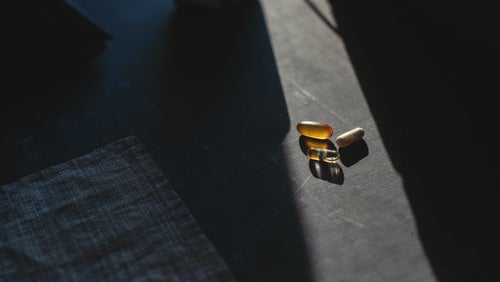
8 Benefits Of Fish Oil
It has even been shown to improve mental well-being....
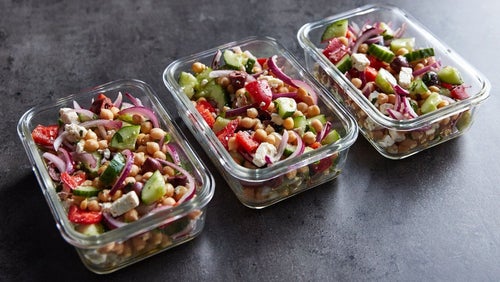
10-Minute Chickpea Salad Meal Prep
Tasty meal prep doesn't have to take all night to prepare....
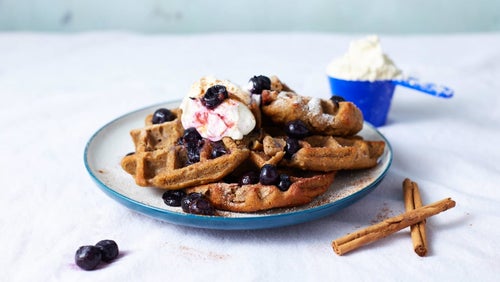
15 High-Protein Vegan Breakfast Recipes To Actually Keep You Full
Get your day off to the best start with these plant-powered recipes....

Claire is a Registered Dietitian through the Academy of Nutrition and Dietetics and a board-certified Health and Wellness Coach through the International Consortium for Health and Wellness Coaching. She has a Bachelor of Science in Biology and a Master’s degree in Clinical Dietetics and Nutrition from the University of Pittsburgh.
Talking and writing about food and fitness is at the heart of Claire’s ethos as she loves to use her experience to help others meet their health and wellness goals.
Claire is also a certified indoor cycling instructor and loves the mental and physical boost she gets from regular runs and yoga classes. When she’s not keeping fit herself, she’s cheering on her hometown’s sports teams in Pittsburgh, or cooking for her family in the kitchen.
Find out more about Claire’s experience here.
- Ganesan, K., & Xu, B. (2017). Polyphenol-Rich Lentils and Their Health Promoting Effects. International journal of molecular sciences, 18(11), 2390. https://doi.org/10.3390/ijms18112390
- Caselato-Sousa VM, Amaya-Farfán J. State of knowledge on amaranth grain: a comprehensive review. J Food Sci. 2012 Apr;77(4):R93-104. doi: 10.1111/j.1750-3841.2012.02645.x. PMID: 22515252.
- Lobo, V., Patil, A., Phatak, A., & Chandra, N. (2010). Free radicals, antioxidants and functional foods: Impact on human health. Pharmacognosy reviews, 4(8), 118–126. https://doi.org/10.4103/0973-7847.70902
- Merai R, Siegel C, Rakotz M, Basch P, Wright J, Wong B; DHSc, Thorpe P. CDC Grand Rounds: A Public Health Approach to Detect and Control Hypertension. MMWR Morb Mortal Wkly Rep. 2016 Nov 18;65(45):1261-1264. doi: 10.15585/mmwr.mm6545a3. PMID: 27855138.
- Benzie IF, Choi SW. Antioxidants in food: content, measurement, significance, action, cautions, caveats, and research needs. Adv Food Nutr Res. 2014;71:1-53. doi: 10.1016/B978-0-12-800270-4.00001-8. PMID: 24484938.

